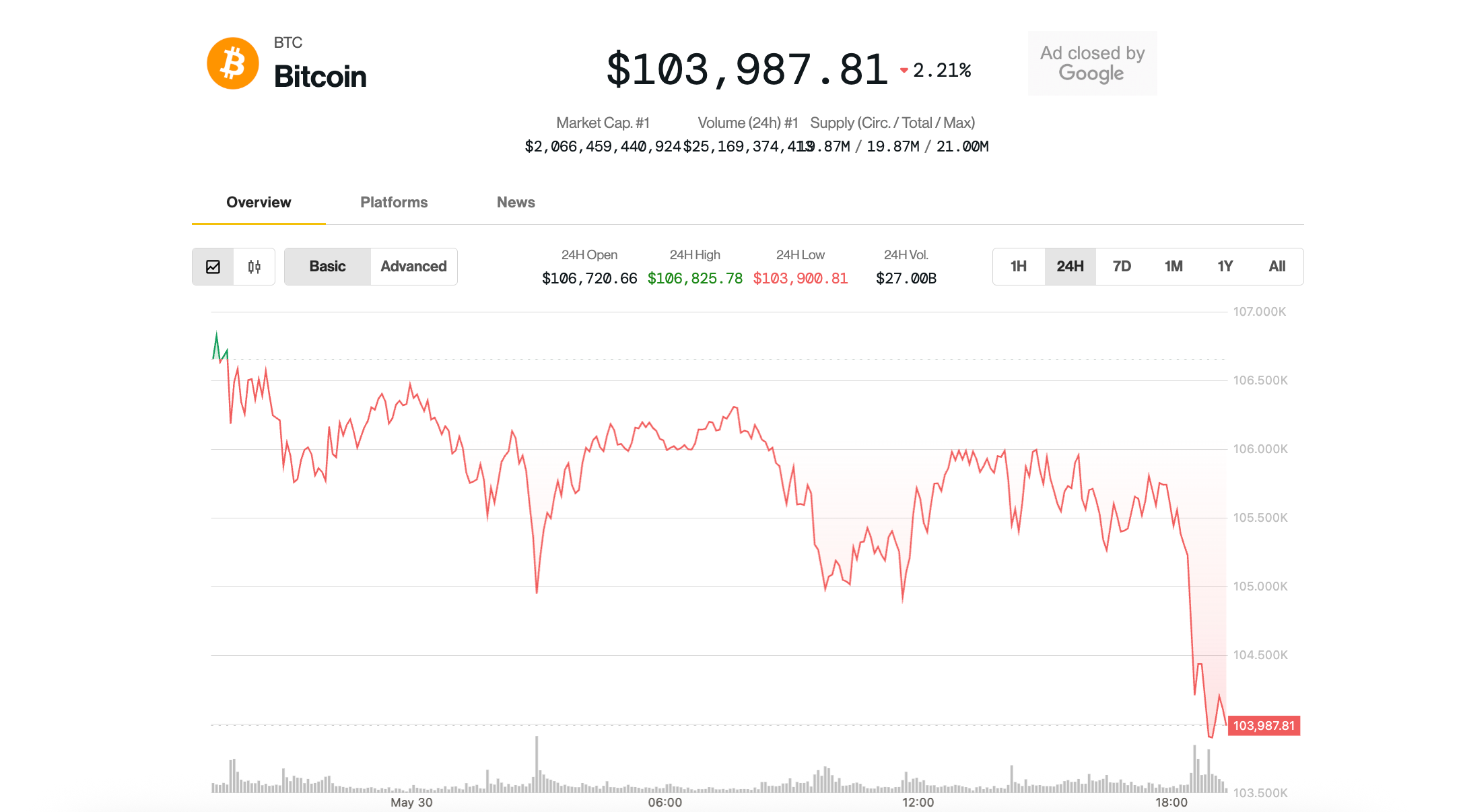By Monica Gulati
Many technologies have been introduced by digital transformation to various industries that support raising the performance, transparency, and security levels of businesses. Among these is the invention of blockchain technology. It was first launched more than ten years ago, and today it is used for more than just cryptocurrency platforms. It has developed into something more substantial, with the ability to alter the rules and bring about new kinds of cooperation and to bring in efficiency that leads to better work output.
The pharmaceutical industry is one of many industries that have digitally transformed with blockchain technology. Few of the major challenges faced by the Pharma Industry worldwide are Lack of transparency, difficulty of tracking items, sale of counterfeit drugs and the distribution of expired and banned medicines. Several of these issues have been resolved using blockchain technology.
Blockchain and COVID-19
In the durability of supply chains, Covid-19 has highlighted some of its flaws and sped up the use of technologies like blockchain. In the upcoming years, it is anticipated that technology usage will continue to accelerate more.
According to Statista, global investment in blockchain solutions is anticipated to reach $5.9 billion by 2023. Deloitte conducted a study on applying this breakthrough, and 83% of respondents claimed that their companies would lose their competitive advantage if they didn’t implement blockchain.
Impacts of blockchain technology on the pharmaceutical industry
The financial industry has changed due to blockchain’s innovation. Especially in this context, it is fascinating to see how technological advances and the implications are employed in other sectors. However, blockchain is gaining a lot of opportunity and traction within the pharmaceutical industry, given the significant investments made by these companies in development, research, as well as manufacturing.
Blockchain technology, which enables user authentication, proof of work, and smart contracts, may alter how businesses manage and store data by ensuring security and transparency for all the concerned stakeholders. However, drug development in the pharmaceutical sector involves following procedures and protocols, for instance, the requirement to move data from one department to another, the necessity to transfer pharmaceuticals to wholesale distributors before delivering them to patients, and the need to protect the integrity of patient’s data. Furthermore, the need to restrict access to such data is also one of the procedures and protocols that are to be strictly adhered with.
In addition to it, patient safety, product quality, and data integrity are essential concerns throughout the drug development and distribution process, which places the usage of verified, transparent, and secured technology at the forefront of these processes. This blatantly presents a golden chance for blockchain technologies to improve and streamline existing operations.
Securing the pharmaceutical supply chain using the blockchain
When considering applications of blockchain technology in the pharmaceutical sector, the pharma supply chain serves as a compelling example: Drugs are created and produced at manufacturing facilities, then frequently transferred to wholesale distributors before being delivered to patients. By using the blockchain to assist and manage the drug development process, blockchain technology offers a chance to confirm the reliability of the drug supply chain and improve the development of drugs. While public health is seriously threatened by counterfeit and substandard drugs entering the legal supply chain, blockchain technology can enhance the systems currently in place by employing distributed ledgers, smart contracts, the transfer of assets, and proof of work.
It is now evident that blockchain technology has the power to change how businesses engage with one another. It has many potential applications that are not specific to any business, and will take years to figure out what impact this technology will have on the globe, as we have only just started recognizing its potential ramifications.
Benefits of blockchain in the pharmaceutical industry
The overall advantages of blockchain tech implementations are immense, ranging from complete regulatory compliance across the sector to data security throughout the supply chain. But building a genuinely connected, multinational business is not simple, especially for pharmaceutical firms. A company interested in blockchain must carefully consider how it will educate itself, assess the technology, and determine whether the system will be a valuable asset for its products.
New approaches to blockchain technology are beginning to be explored in the pharmaceutical sector, such as cloud-based networks that permit comprehensive visibility and collaboration among all supply chain participants.
Other solutions use the vast amounts of data in the system to connect cloud-based networks with decision-support software. Both strategies will ultimately raise the quality of the sector by enhancing product shelf life, reducing inventory, and boosting profit margins. Many pharmaceutical companies have already developed successful techniques to stay ahead of the competition.
Paving the way for the future!
Blockchain is a futuristic technology. With the development of bitcoin, the blockchain approach has already dominated the financial industry with its decentralized database structure, unparalleled data security and integrity standards, and tamper-proof data records.
Blockchain will change how the sector works and eventually integrate into every significant pharmaceutical activity. With much support, blockchain technology is increasingly integrating into the market. We know that the pharmaceutical industry moves very quickly, and blockchain will surely be essential for the welfare of upcoming generations.
The author is executive dean and registrar, school of pharmaceutical sciences, Lovely Faculty of Applied Medical Sciences, Lovely Professional University
Read More: news.google.com









 Bitcoin
Bitcoin  Ethereum
Ethereum  Tether
Tether  XRP
XRP  Solana
Solana  USDC
USDC  Dogecoin
Dogecoin  TRON
TRON  Cardano
Cardano  Lido Staked Ether
Lido Staked Ether  Wrapped Bitcoin
Wrapped Bitcoin  Hyperliquid
Hyperliquid  Wrapped stETH
Wrapped stETH  Sui
Sui  Chainlink
Chainlink  Avalanche
Avalanche  Stellar
Stellar  LEO Token
LEO Token  Bitcoin Cash
Bitcoin Cash  Toncoin
Toncoin  Shiba Inu
Shiba Inu  USDS
USDS  Hedera
Hedera  WETH
WETH  Wrapped eETH
Wrapped eETH  Litecoin
Litecoin  Polkadot
Polkadot  Binance Bridged USDT (BNB Smart Chain)
Binance Bridged USDT (BNB Smart Chain)  Monero
Monero  Bitget Token
Bitget Token  Ethena USDe
Ethena USDe  Pepe
Pepe  WhiteBIT Coin
WhiteBIT Coin  Coinbase Wrapped BTC
Coinbase Wrapped BTC  Pi Network
Pi Network  Dai
Dai  Aave
Aave  Uniswap
Uniswap  Bittensor
Bittensor  Cronos
Cronos  OKB
OKB  Ethena Staked USDe
Ethena Staked USDe  Aptos
Aptos  Jito Staked SOL
Jito Staked SOL  BlackRock USD Institutional Digital Liquidity Fund
BlackRock USD Institutional Digital Liquidity Fund  NEAR Protocol
NEAR Protocol  Tokenize Xchange
Tokenize Xchange  Internet Computer
Internet Computer  Ethereum Classic
Ethereum Classic